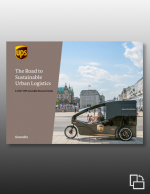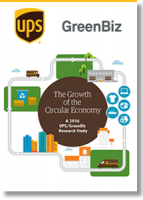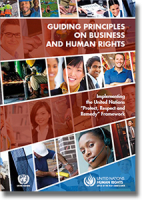Sustainability Talent Management: The New Business Imperative
While much has been written about this competency gap, there is a lack of guidance on how to address it through organizational competency models.
Fueled by globalization, technological change, population growth and shifting demographics, sustainability mega-forces will affect the ability of business to succeed and thrive over the next 30 years.
With the global population expected to increase from seven to nine billion people by 2050, companies will need to reinvent themselves to secure their access to resources and the social license to operate and grow.
Collectively, humanity is already consuming 1.5 times the resources that can be renewed in a year. Just as concerning, the income inequality gap continues to widen, further threatening social cohesion.
Businesses that anticipate, plan for and help alleviate these trends will not only build their competitive advantage, they will contribute to building a viable society for all.
For business to prosper in this new global context, current and future leaders will need a host of new skills and competencies. Leading companies will retool their talent management systems to reflect the new competency imperatives to position their firms for future success.
They will define the mission-critical skill sets and mindsets leaders need to create and protect future value for the company and society, and embed these in their organizational competency models.
Understanding Competency Models
Competency models are a key strategic tool to identify, develop and deploy top talent to drive high performance and realize business results.
They define the performance and behavioral expectations – the skills and knowledge – which contribute to business success.
Leading companies use competency profiles to inform their talent management strategies, including:
- Recruitment and selection
- Onboarding
- Training and development
- Career development planning
- Job descriptions
- Performance management
- Compensation
- Succession planning
What’s Related




Favorites





